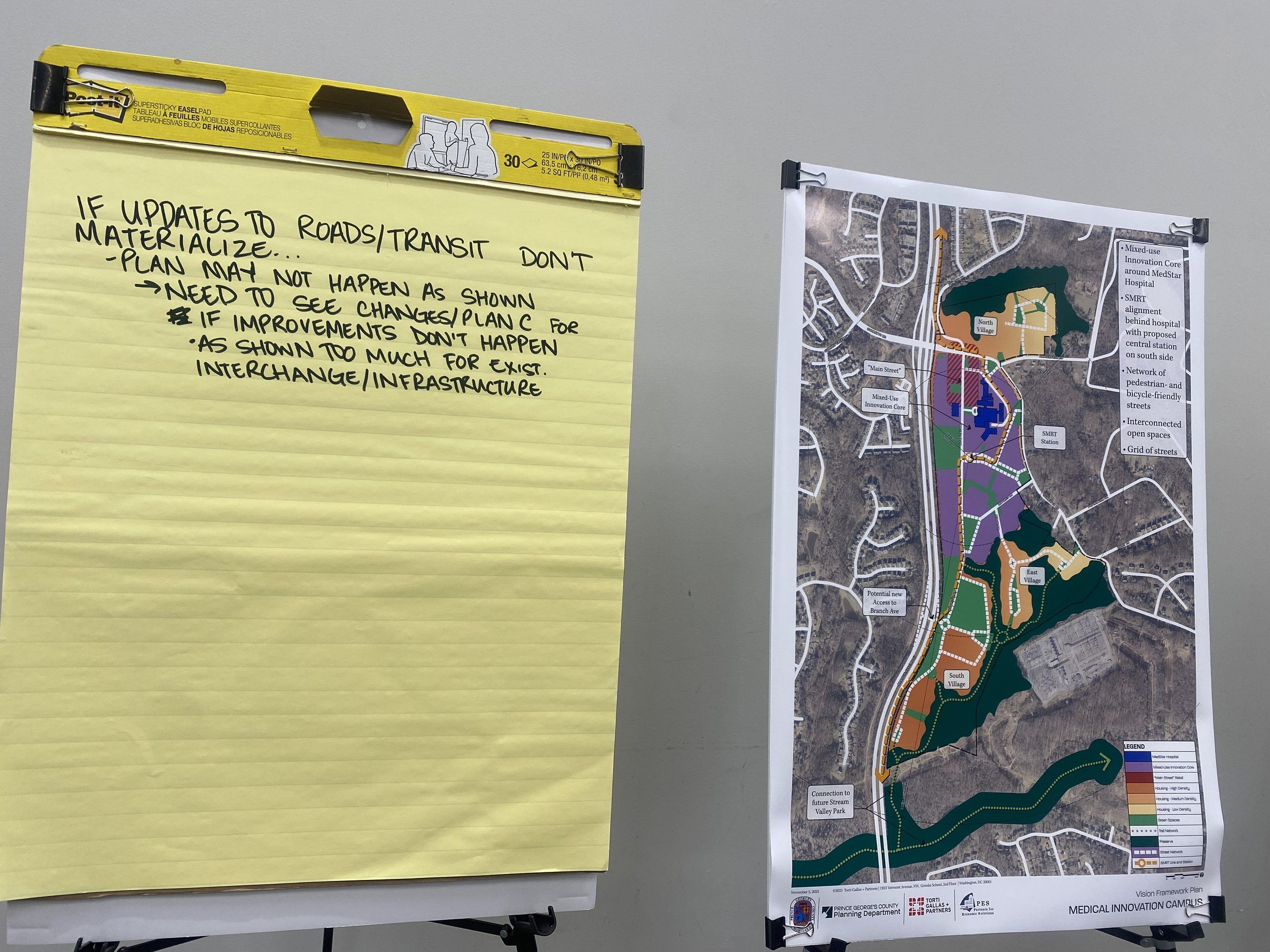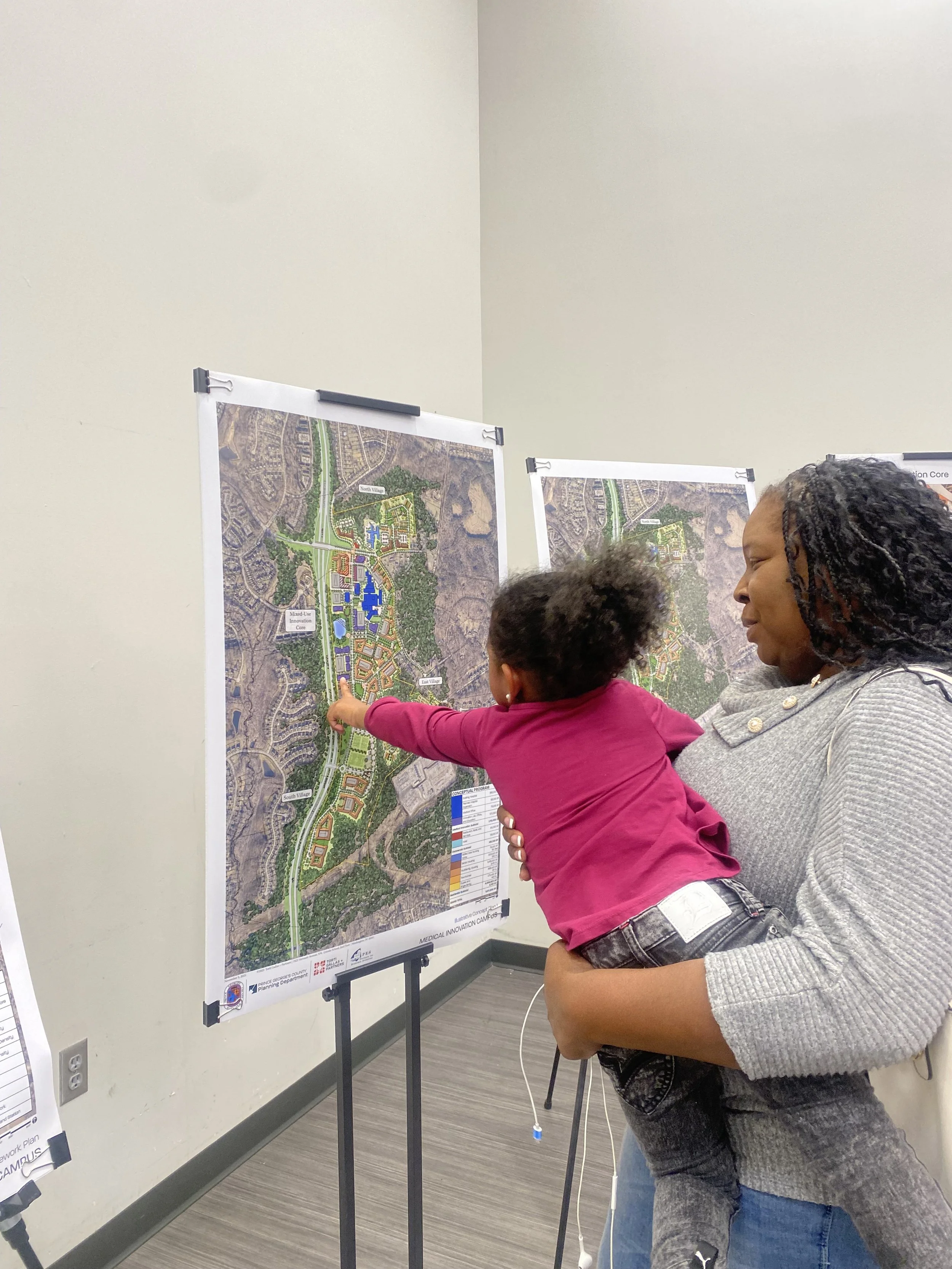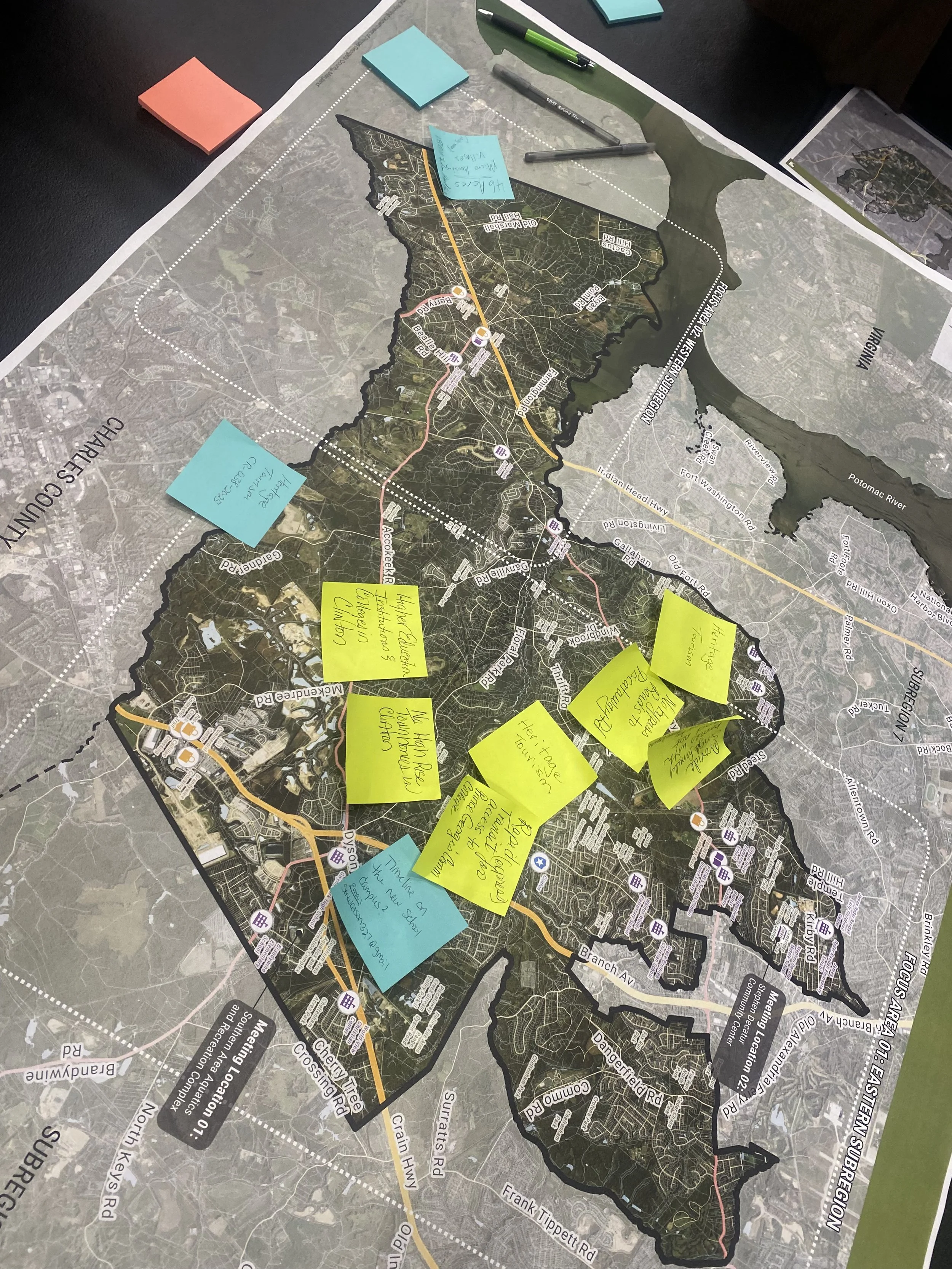From the Trail
the medical innovation community listening session
it was great listening and sharing with community members about what we want development in our community to look like.
Party with a Purpose, Serving Furloughed Workers
An Open Letter to Parents: Every Child Carries Something
Dear Parents,
As the school year gets underway, our energy is wrapped up in schedules, supplies, and making sure our children are ready for success. But September is also National Suicide Prevention Month, and I feel a responsibility—as a mom, a former youth minister, and someone trained in social work and human services—to remind us that academic readiness is not the only preparation our kids need.
There is a tension in this generation: our children are often better equipped than we were to name what they are feeling, but they don’t always know what to do with those feelings or how to process them. The catch is that while our schools are making strides to expand access to mental health resources, they aren’t all the way there yet. And the truth is—there will never be a greater champion for our children’s well-being than us, their parents.
We have to pay attention not only to the child who seems distant and disengaged, but also to the one who is juggling a full plate and looks like they are achieving—or even overachieving. Sometimes the child who “has it all together” is carrying just as much unseen weight as the one who seems checked out.
I’ve sat with young people who looked fine on the surface but were hurting deeply inside. What I learned is this: our children don’t need us to have all the answers; they need us to be present, intentional, and consistent. Here are a few ways we can start at home:
1. Check In Differently
Asking “How was your day?” often gets us a quick “fine” or “ok.” Instead, try questions that show care and open doors:
“What made you laugh today?”
“What was one hard moment you pushed through?”
“Who did you sit with at lunch?”
Small shifts in how we ask show our children we’re genuinely interested in the details of their lives.
2. Listen Without Judgment
This one takes practice—and let’s be honest, a whole lot of restraint. Most of us are wired to jump in with advice or an opinion the second our kids pause for breath. But listening without judgment means slowing down, biting our tongues, and asking gentle questions that help them process their own thoughts at an age-appropriate level. Think of it as training a new muscle: it feels awkward at first, but over time it gets stronger.
3. Speak Life
Even when our children are in challenging seasons, we can be intentional about affirming who they are:
“I see your kindness.”
“I admire your determination.”
“I love how your mind works.”
“I respect your stick-to-itiveness.”
And here’s the key: when we affirm them, resist the urge to undo the affirmation with a “but.” “You’re determined, but you need to focus more” sends a mixed message. Sometimes the most powerful thing we can do is define the moment and leave it at that: “You’re brilliant. Period.”
Parenting isn’t easy, and we were never meant to do it alone. If you notice changes—your child pulling away, losing interest in things they loved, or expressing hopelessness—please don’t dismiss it. Reach out. Call a counselor, but also lean on your village: your clergy, your youth minister, trusted mentors. They aren’t a substitute for professional help, but they can help hold your arms up when the weight of parenting feels heavy. And never hesitate to use resources like the 988 Suicide & Crisis Lifeline if your child is in immediate need.
We may not be able to fix everything, but we can be steady voices of love, accountability, and encouragement. That combination may be what gives our children the strength to push through the struggles we cannot see.
From one parent to another,
Leslye Dwight




























